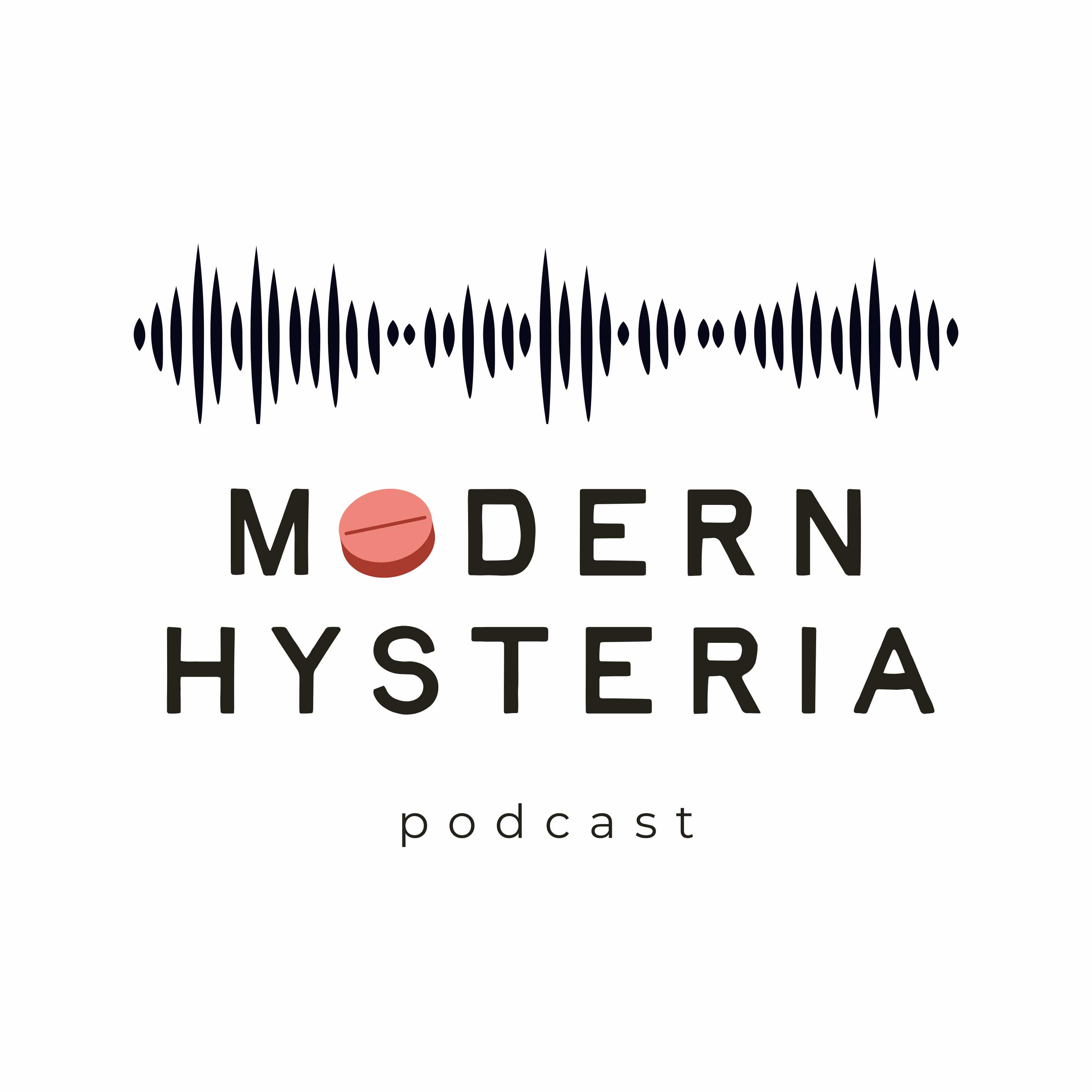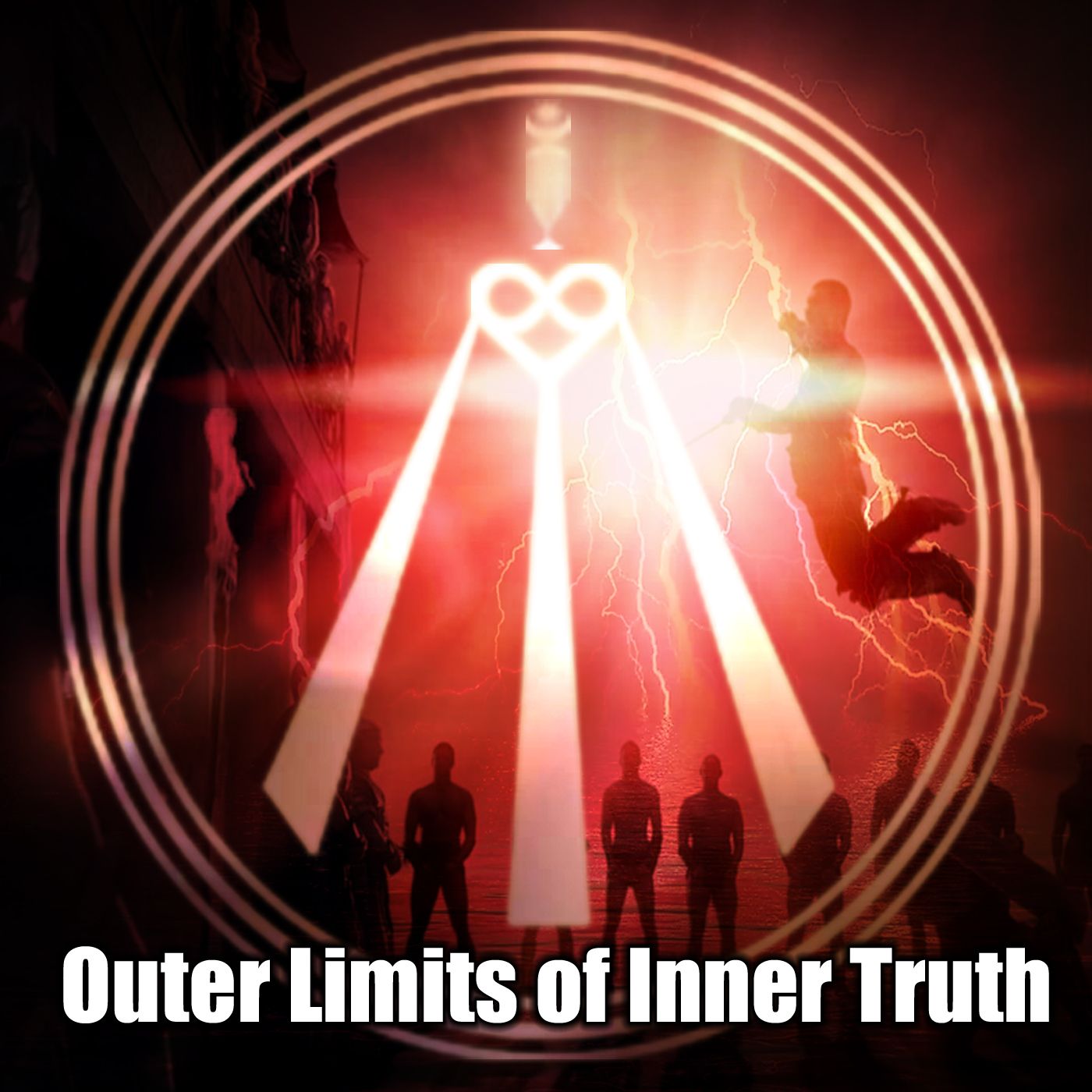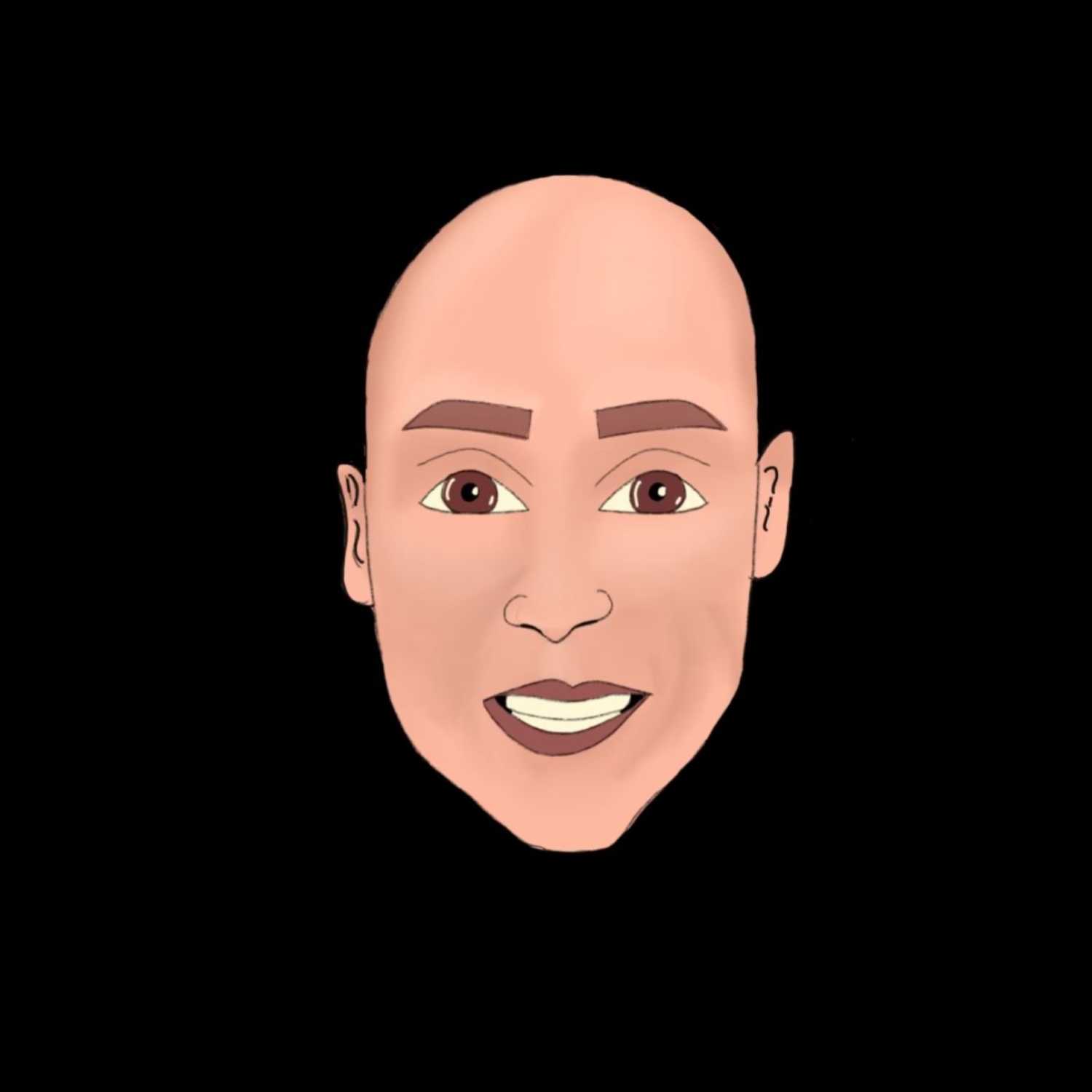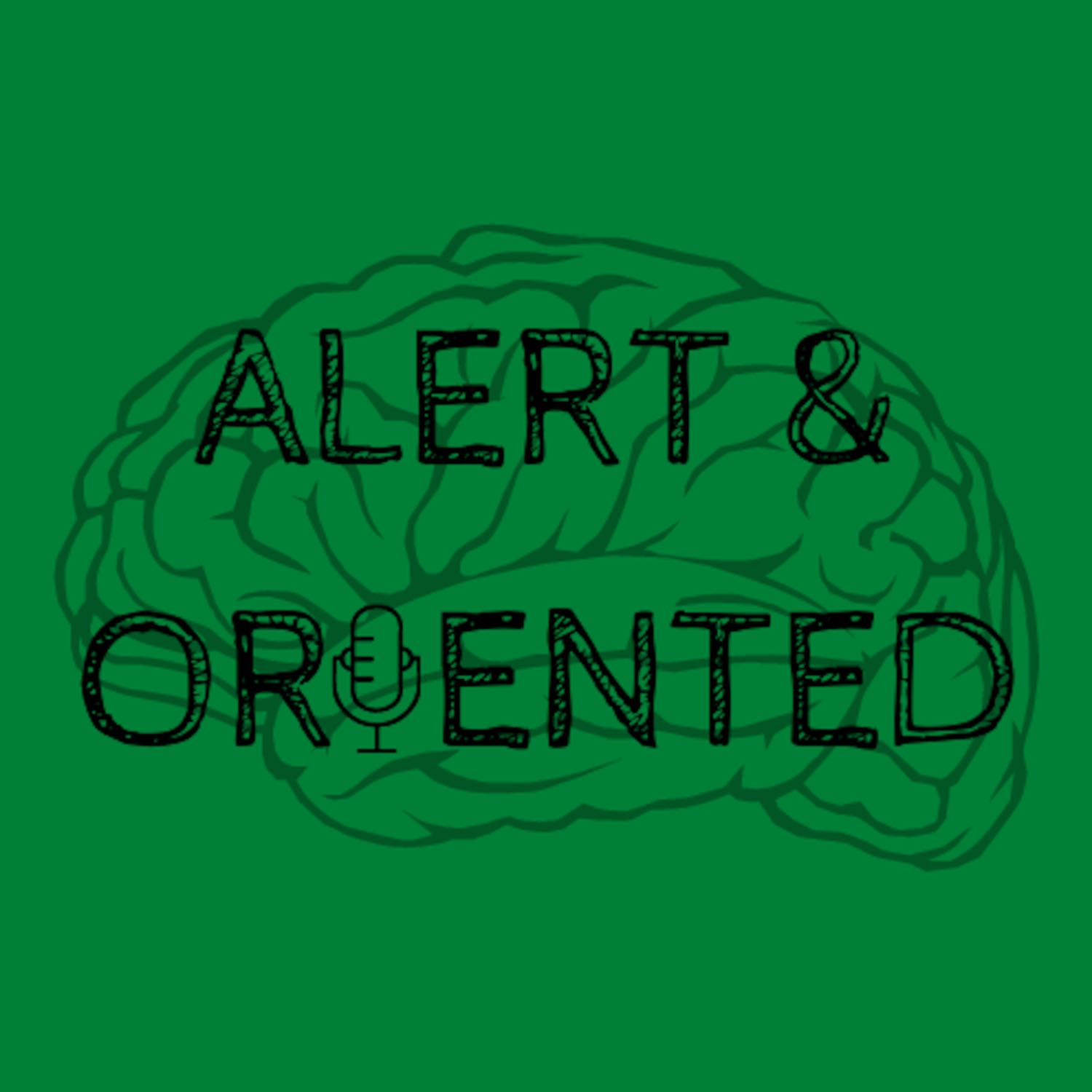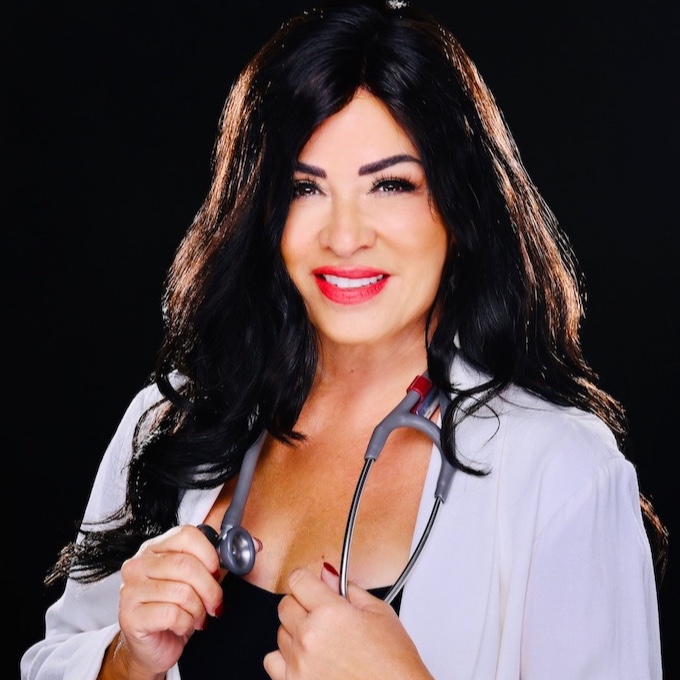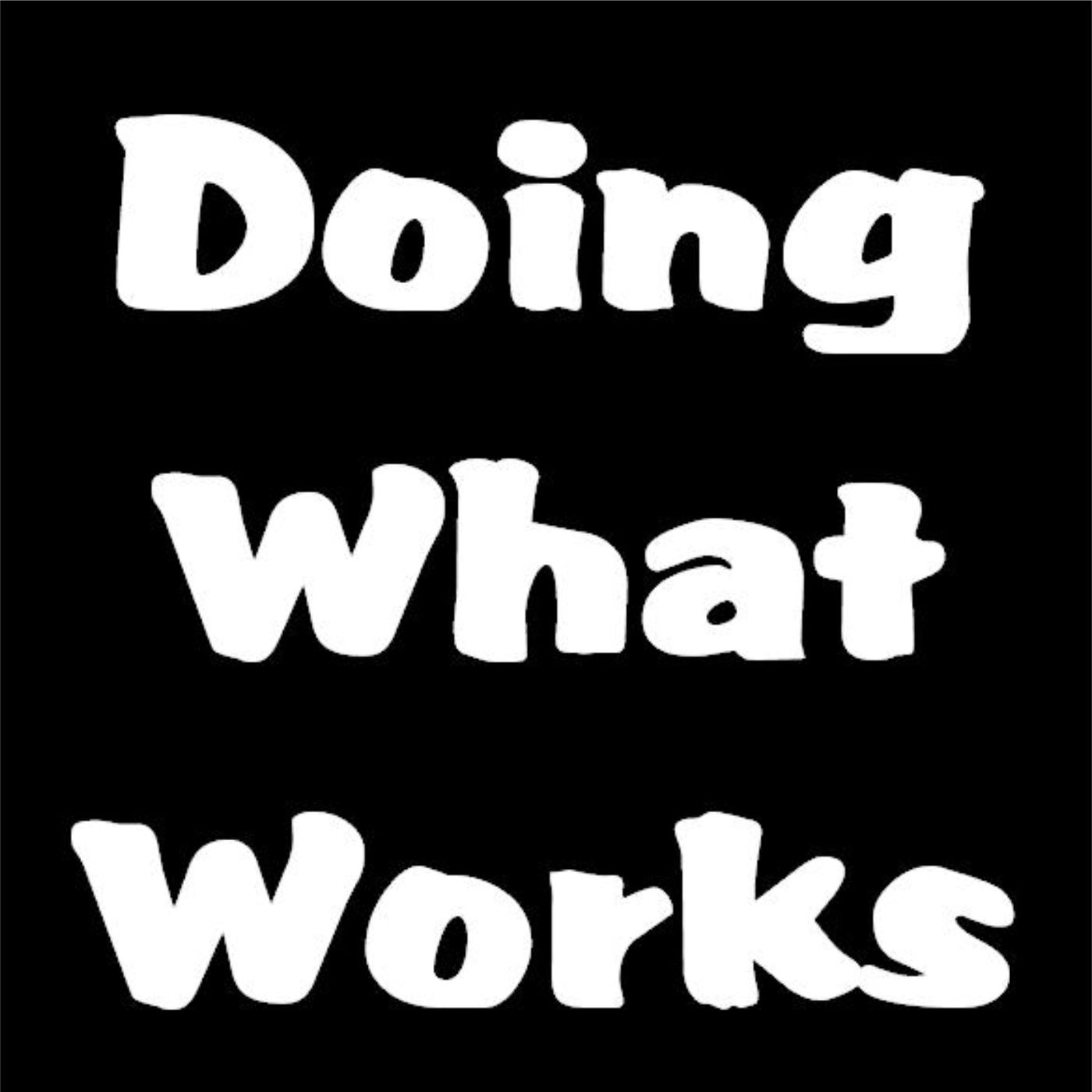Modern Hysteria: S1E5 "Can our childhood wounds cause chronic illness?" with holistic therapist Megan Sherer
Description
Hi, friend.
This is Micah Larsen, host of the Modern Hysteria podcast and newsletter exposing the taboo topics of women’s health so you feel seen, heard, and can live without shame.
I spent one morning this week in the doctor’s office, watching a dizzying number of vials of my blood drawn for a battery of tests. For the past few months I’ve been overtaken by joint pain, fatigue, and depression. Could it be explained by surgical menopause? Neuroinflammation? Rheumatoid arthritis? So far, the results have yielded nothing except a failing attempt at hormone replacement therapy.
One reason this episode is close to my heart — and maybe yours, too — is because I’ve often felt isolated in my journey to find the source of my pain and illness. It was life-changing to realize core psychological wounds may explain mysterious pain and discomfort you may think are “all in your head.”
This episode explores how unresolved trauma — particularly attachment wounds from childhood — impacts women’s mental, emotional, and physical health. Megan Sherer, a holistic therapist and relationship coach in Seattle, WA, unpacks the connection between isolation, chronic illness, and the body’s stress response.
This episode will resonate if you:
* Feel like your experiences don’t “qualify” as “trauma” (but still leave you feeling uneasy or hurt)
* Struggle with chronic pain or unexplained physical symptoms
* Have an autoimmune condition
* Have ever felt dismissed or “crazy” when explaining your health concerns
* Struggle to feel like you “deserve” to be loved
Does this sound familiar? As Megan mentions in this episode, around 80% of people diagnosed with autoimmune conditions are women.
Modern Hysteria is a reader-supported publication. To receive new posts and support my work, consider becoming a free or paid subscriber. Unsubscribe at any time.
→ follow Megan on Instagram here
Attachment Theory
Attachment theory, introduced by John Bowlby explains how early relationships with caregivers shape our ability to form and maintain emotional bonds. Our early attachments—secure or insecure—affects how we connect with others, regulate emotions, and navigate relationships as adults.
Note: Your attachment style can change over time.
If you have a secure attachment:
* you’re probably comfortable with intimacy and independence, trusting in relationships, and can communicate effectively.
* your caregivers were consistently responsive, supportive, and nurturing.
If you have an anxious (preoccupied) attachment:
* you may have a fear of abandonment, need constant reassurance, get preoccupied with relationships, and are sensitivity to rejection.
* your caregivers were inconsistent—sometimes responsive, sometimes unavailable—leading to uncertain warmth, love, and support.
If you have an avoidant (dismissive) attachment:
* you may avoid closeness, value independence over intimacy, struggle to trust others, and downplay emotional needs.
* your caregivers were emotionally distant, neglectful, or dismissive of your needs.
If you have a disorganized (fearful avoidant) attachment:
* you have a mix of anxious and avoidant behaviors; you want closeness but you fear intimacy, and this often resulting in chaotic or conflicted relationships.
* your caregivers were a source of both comfort and fear, often due to abuse, neglect, or trauma.
Another note: There are multiple criticisms of attachment theory, including that it overemphasizes early childhood development and underemphasizes the role of genetics.
Major moments from this episode: Q+A with a holistic therapist
What is trauma?
MS: I think when people hear that word, it can be, sometimes, a little bit polarizing. People’s minds often go to the idea of what we call “big-T trauma;” those overtly, extreme, traumatic experiences that everyone would consider to be devastating or challenging, like accidents and death and war, and these extreme examples of trauma that can impact us as individuals as well as the collective.
And if you haven’t had those experiences, then there can be this tendency to say, like, “I haven’t experienced trauma. Like, my life hasn’t been that bad; who am I to complain?” Kind of thing.
But the reality is that a lot of the work that I do, and that is really impactful and interesting, especially when we get into conversations about attachment work, are what we might call “little-T traumas.”
So: More subtle experiences that impact us greatly, but that we might not have felt we’ve had the permission in the past to explore, because, again, maybe, we think: “It’s not that bad,” or that other people have had it worse.
What causes us to feel traumatized?
MS: The most important thing to identify in the realm of trauma is that it’s not actually the experience itself that’s the trauma; it’s the aftermath.
It’s essentially how our psyche perceives that experience. And one really central component of something being traumatic is the component of isolation. So, if we feel like we’re alone in the experience, we don’t have any sort of support or social system to lean on when we’re navigating that challenge, it can then present as trauma to our psyche, as something that we feel overwhelmed by, that we don’t have the capacity to manage.
That’s a really important distinction, especially when we’re talking about childhood traumas and childhood wounds, because, when you’re a kid who’s not getting your needs met fully, that is an inherently isolating experience. You don’t have anyone to go to talk to. You’re not talking to your other seven-year-old friends, going, like, “Are your parents like this?” And: “Do you feel this way?” We don’t have the tools or capacity at that point. So we feel like it’s just us. And isolation can really overwhelm the nervous system.
What is “attachment?”
MS: It’s how we learn to form bonds and connections with other human beings. And the first people we learn that from is our parents. The first person we learn that from is our mother.
Our nervous system is really imprinted by her nervous system, and informed by the state of her nervous system when we’re still developing in the womb.
How do we form an attachment?
MS: In those early years of our lives, we learn a lot about our place in the world, and what love is or isn’t available to us, and what we have to do in order to maybe perform or earn that love, or feel worthy of it.
And that’s what I’m talking about when we talk about “attachment trauma.” It’s those wounds, those misunderstandings that have caused us to feel separate from the love and connection that is inherently our birthright.
What does attachment have to do with chronic illness?
MS: We’re seeing more and more these days, women who are experiencing chronic symptoms, chronic pain, chronic illness, that are often, sort of … mystery symptoms, like they don't have clear diagnoses, or definitions in the realm of Western, allopathic medicine. And women are often left feeling, like, “I’m crazy.” And I love the name of your podcast, because this is going back many, many years – women have often been called “hysterical” for simply pointing out, calling out, what isn’t okay in their relationships, in our culture, in our society.
And women’s nervous systems are attuned to those imbalances. When there’s ruptures in relationships, we feel that deeply, and it impacts our entire system, our immunity, our physical, mental, emotional health. And, you know, that’s why we’re seeing 80% of people who live with autoimmune conditions are women.
How do attachment wounds manifest in the body?
MS: You can imagine that, if you were a little kid who felt fear; maybe one of your parents is upset, and they’re getting angry, and we’re scared that they’re angry, and scared about what that might mean for us, when our bodies feel that fear and go into that stress response, you kind of contract, right? Like, your muscles get tense and tight, and your body’s in kind of this holding pattern: Bracing to either fight, flee or freeze.
When those cycles of stress response are not completed, like, when we d

